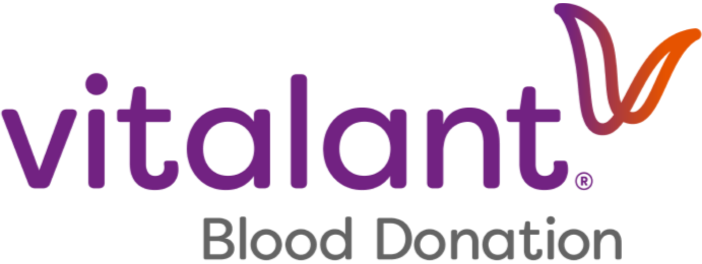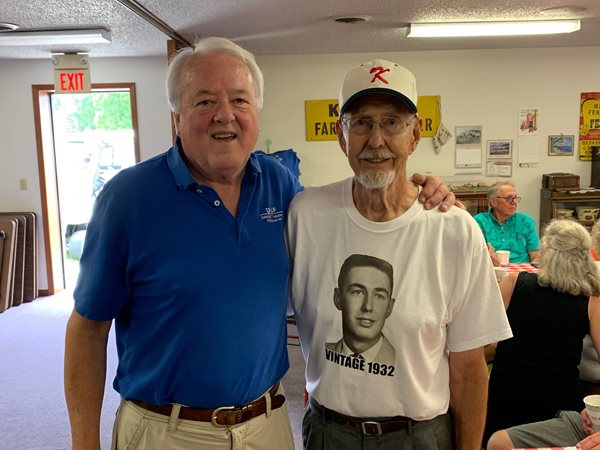Kindred, ND, a bedroom community about 15 miles southwest of Fargo, has been the hometown of Dr. David Rostad for the past 25 years. During that time, he has raised a family, retired, served on the Dakota Medical Foundation Board of Directors, and worked with the Kindred Community Thanksgiving blood drives at Kindred City Hall. These drives began long before Rostad moved to Kindred: lifelong Kindred resident Evan Moe – now 90 -- began the Thanksgiving drive tradition in the 1970s.
“Coordinating a blood drive around Thanksgiving is a challenge, but well worth it,” says Rostad. First and foremost, blood drives help patients. Blood donations decline around the holidays, and this is a way of ensuring blood is available during a critical time of year.
Second, organizers get to interact with members of the community who care about helping others. Kindred has a dedicated base of blood donors, many of whom give blood every 2 to 4 months. Rostad calls around 100 to 120 donors in the days leading up to the drive and personally asks them to sign up. He leaves his laptop open so he can see the schedule and book their appointments.
Finally, organizing a blood drive can also be enjoyable. Rostad says, “I genuinely enjoy it! I get the room prepared before the Vitalant team arrives. I greet the donors as they come in and I thank them for their donation on their way out. Expressing gratitude and seeing people do something good for others is a great way to spend the day.”
Some people might think hosting a blood drive around the holidays would be too difficult. But actually, donors tend to be more generous around the holidays and willing to help out. You just need to ask!
If it’s a brand-new blood drive, you can ask friends, family, colleagues, church members and townspeople to support the drive. If you ask people one-to-one, they usually say yes. We need new donors to get involved with blood donation now more than ever. The number of first-time donors has declined 12% this year.;
If it is an established blood drive and you are adding one more to the calendar, take the opportunity to pick up the phone and call the donors who traditionally give at that drive (and try to recruit a few new ones, too). Phone calls are an easy way to make personal connections, answer questions, express gratitude, and confirm blood drive appointments.
In closing, Rostad says: “I encourage everyone to increase their philanthropic support around the holidays and commit to hosting a holiday blood drive. If you can’t do it this year, get your 2023 and 2024 holiday blood drives scheduled now.”
Holiday blood drives are good for you and vital for patients!

